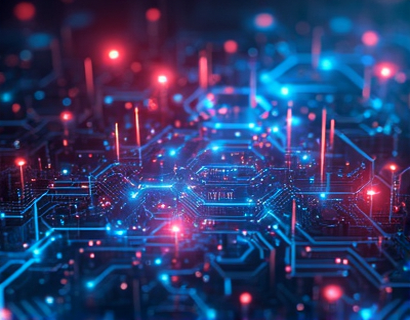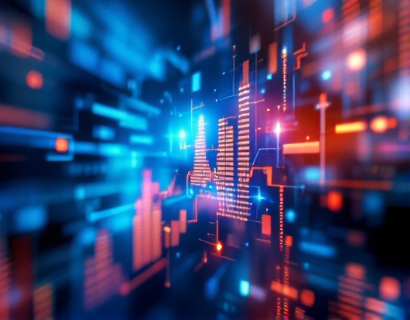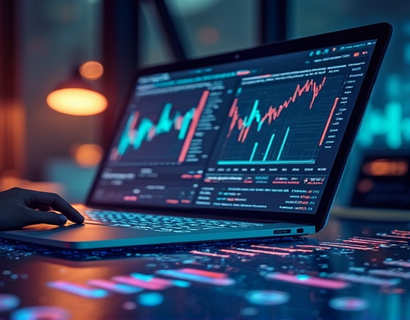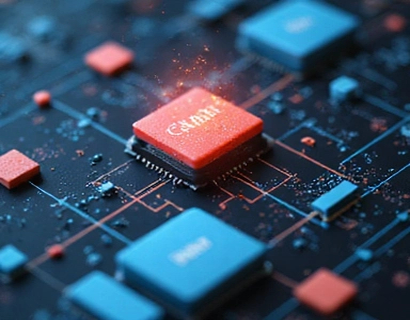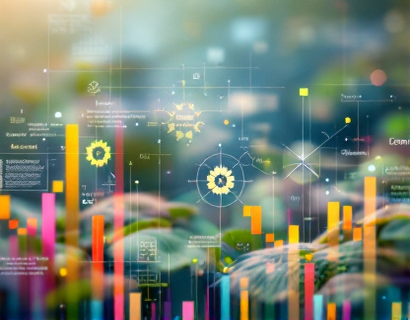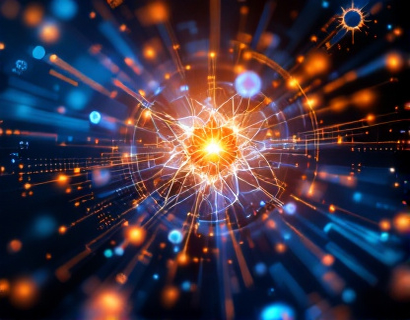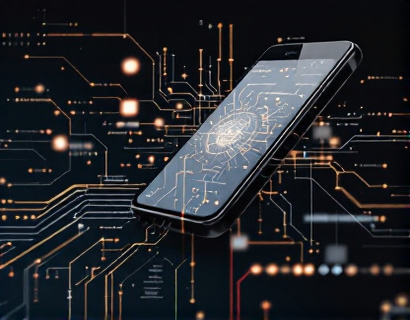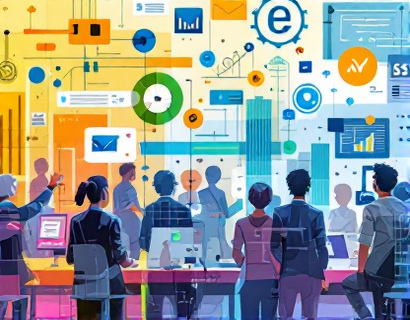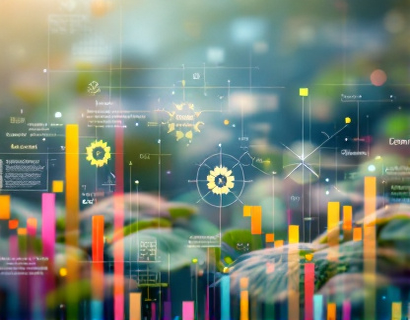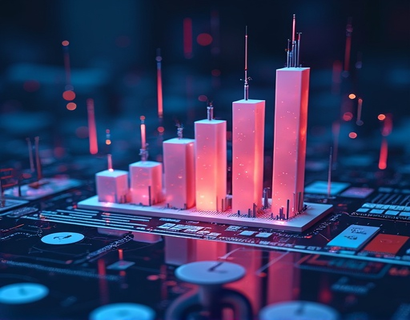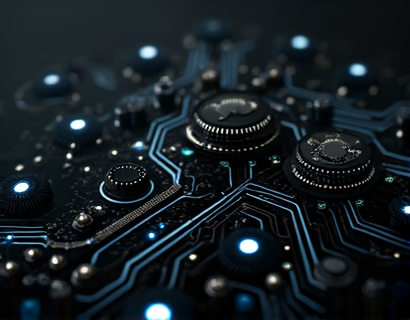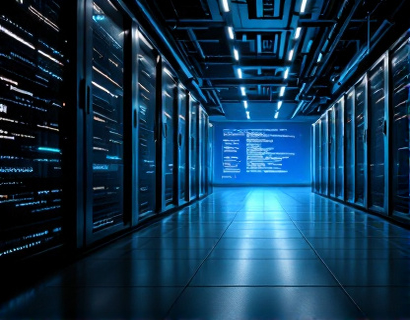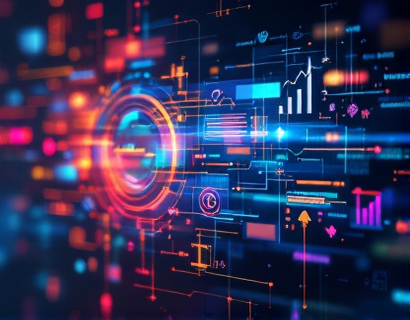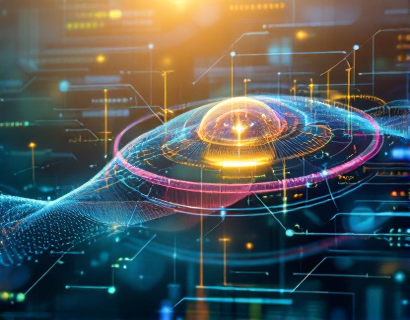Unleashing the Future of Digital Transformation: The Synergy of Crypto and AI
The intersection of cryptocurrency and artificial intelligence (AI) is giving birth to a new era of digital transformation, one that promises to redefine user experiences across various sectors. This fusion is not just a technological curiosity but a powerful force driving innovation, efficiency, and security in the digital landscape. As tech enthusiasts and early adopters, understanding the potential and implications of this synergy is crucial for navigating the future of technology.
The integration of AI with blockchain technology, the backbone of cryptocurrency, is creating a robust ecosystem where data integrity, transparency, and user empowerment are paramount. This article delves into the ways in which this convergence is enhancing digital interactions, making them seamless, secure, and efficient. We will explore the foundational technologies, current applications, and future prospects of this dynamic duo.
Foundational Technologies: Blockchain and AI
Blockchain technology, known for its role in cryptocurrencies, is a decentralized ledger that records transactions across multiple computers. This ensures that the data is immutable and transparent, reducing the risk of fraud and enhancing trust. On the other hand, AI involves a range of algorithms and techniques that enable machines to perform tasks that traditionally required human intelligence, such as learning, reasoning, and self-correction.
The combination of these two technologies leverages the strengths of each. Blockchain provides a secure and transparent environment for AI algorithms to operate, while AI enhances the functionality and efficiency of blockchain-based systems. This synergy is particularly potent in creating decentralized applications (dApps) that offer enhanced user experiences.
Enhanced Security through Crypto and AI
Security is a paramount concern in the digital world, and the fusion of crypto and AI addresses this need comprehensively. AI can detect and respond to threats in real-time, analyzing patterns and anomalies to prevent fraud and cyberattacks. Blockchain's inherent security features, such as cryptographic hashing and consensus mechanisms, further fortify the system against unauthorized access and tampering.
For instance, AI-driven security protocols can monitor blockchain networks continuously, identifying suspicious activities and automating responses to mitigate risks. This proactive approach ensures that user data and transactions remain secure, fostering greater confidence in digital platforms.
Improved User Authentication and Identity Management
One of the most significant benefits of combining crypto and AI is in the realm of user authentication and identity management. Traditional methods often rely on centralized databases, making them vulnerable to breaches and identity theft. Decentralized identity solutions, powered by blockchain and AI, offer a more secure and user-centric approach.
AI algorithms can verify user identities through biometric data, behavioral patterns, and other unique identifiers, while blockchain ensures that this data is stored securely and transparently. This not only enhances security but also gives users greater control over their personal information. Self-sovereign identity systems, where users manage their own digital identities, are becoming increasingly viable thanks to this technological convergence.
Optimized Smart Contracts and Automated Processes
Smart contracts, self-executing contracts with the terms directly written into code, are a cornerstone of blockchain technology. When combined with AI, these contracts can become even more powerful and efficient. AI can analyze complex scenarios, predict outcomes, and optimize the execution of smart contracts, reducing the need for manual intervention and minimizing errors.
For example, in supply chain management, AI can predict demand and optimize inventory levels, while smart contracts ensure that all parties adhere to the agreed terms automatically. This not only streamlines processes but also builds trust among participants by providing transparent and verifiable outcomes.
Enhanced Data Analytics and Personalization
AI's strength lies in its ability to process and analyze vast amounts of data, extracting valuable insights that can drive decision-making and personalization. When integrated with blockchain, this capability is further enhanced by the secure and transparent handling of data. Users can have confidence that their data is being used ethically and securely, leading to more personalized and relevant experiences.
For instance, in the realm of finance, AI can analyze transaction patterns to offer tailored financial products and services. Blockchain ensures that this data is tamper-proof and that users have control over how their data is used. This combination results in more accurate and secure personalized recommendations, enhancing user satisfaction and engagement.
Decentralized Finance (DeFi) and AI-Driven Innovations
Decentralized Finance (DeFi) is a rapidly growing sector that leverages blockchain to create financial systems without traditional intermediaries. AI plays a crucial role in this space by providing advanced analytics, risk assessment, and automated trading solutions. The synergy between DeFi and AI is creating new opportunities for financial inclusion, efficiency, and innovation.
AI-driven algorithms can optimize trading strategies, manage risks, and predict market trends, all within a decentralized and transparent framework. This not only democratizes access to financial services but also enhances the overall robustness and reliability of DeFi platforms.
Challenges and Considerations
While the potential of combining crypto and AI is immense, there are several challenges and considerations that need to be addressed. Scalability remains a significant issue, as both blockchain and AI require substantial computational resources. Developing more efficient algorithms and infrastructure is essential to support widespread adoption.
Regulatory frameworks are another critical aspect. As this technology evolves, governments and regulatory bodies must create clear guidelines to ensure compliance and protect users. Ethical considerations, such as data privacy and the potential for bias in AI algorithms, must also be carefully managed to build trust and ensure responsible use.
Future Prospects: A Vision for the Next Decade
Looking ahead, the integration of crypto and AI is poised to revolutionize various industries, from healthcare and finance to supply chain and entertainment. The next decade will likely see the emergence of more sophisticated dApps, enhanced by AI-driven insights and security measures. The potential for decentralized autonomous organizations (DAOs) that combine the strengths of both technologies is also exciting, offering new models for governance and collaboration.
As the technology matures, we can expect to see more seamless and intuitive user experiences, driven by AI's ability to understand and anticipate user needs, all within a secure and transparent blockchain environment. The future is bright, and the possibilities are endless.





